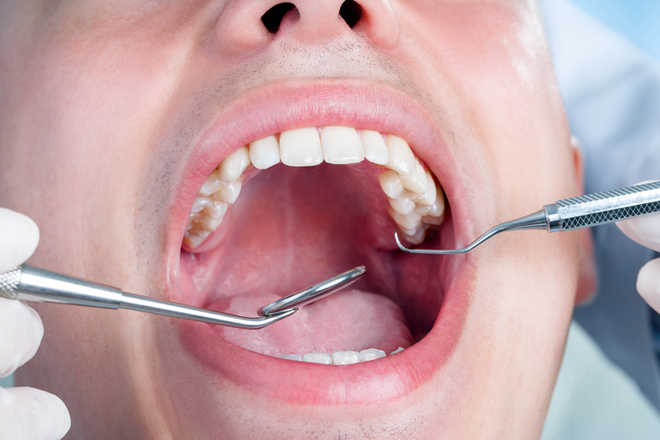
[ad_1]
New York, March 27
Have you ever wondered why the cold induces dental pain and hypersensitivity? Researchers have discovered odontoblasts, the cells that make up the dentin of a tooth, have a newly discovered function – detecting cold – that can trigger pain in the teeth.
However, researchers, including Jochen Lennerz of Massachusetts General Hospital, have also found a way to block the path to cold-sensitive teeth.
“We found that odontoblasts, which support the shape of the tooth, are also responsible for detecting cold,” Lennerz said.
Teeth injured by exposure to cold can occur for many reasons. Many people have experienced severe cold pain when they have a hole in a tooth from an untreated cavity.
For the study, the team conducted experiments on mice whose molars were drilled under anesthesia.
Mice with dental injuries show pain with their behavior; they drink up to 300 percent more sugar water than their litter mates without dental injuries, for example.
In previous research, the team of researchers discovered TRCP5, a protein encoded by the TRCP5 gene that is expressed in nerves in many parts of the body. Their earlier discovery allowed researchers to focus on TRCP5 as a mediator of cold pain.
By studying genetically engineered mice that lacked the TRCP5 gene, the researchers found that mice with injured teeth did not exhibit increased drinking behavior and behaved like mice without dental injuries.
The research team also identified a pharmacological target to minimize the sensitivity of teeth to cold. For centuries, clove oil has been used as a remedy for dental pain. The active agent in clove oil is eugenol, which blocks TRCP5. IANS
[ad_2]
Source link